Christian Dior boss: Fashion success through reinvention
- Published
Dior marks its 70th anniversary this year
Sidney Toledano is "very pleased". The spectacular fashion show he has just been watching has gone well.
The event, staged last September in a vast hall in the grounds of the Musee Rodin in Paris, featured designs by Maria Grazia Chiuri, the new artistic director of Christian Dior, the fashion house run by Mr Toledano.
Ms Chiuri is the first woman to be the creative head at Dior.
The time is right for change, says Mr Toledano. "Who can understand better than a woman the needs of a woman, and express [her] identity today… in the West, in China, wherever in the world?" he says.
Ms Chiuri's show, which was well received by critics, displayed a feminist tone, including a T-shirt with a slogan that read "We Should All Be Feminists".
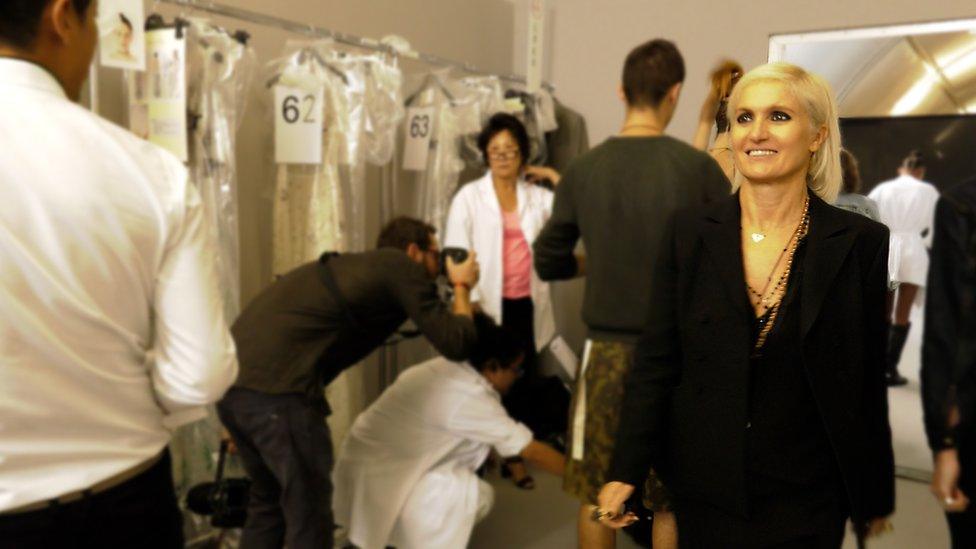
Maria Grazia Chiuri is the first woman to be the creative head at Dior
In 2017, the House of Dior celebrates its 70th anniversary. In an industry where the new is all-important, keeping brands fresh over the long term is tricky. But there are probably few people who know as much about how to do this as Sidney Toledano, who has run Dior since the 1990s.
He grew up in Casablanca in Morocco, where one of his closest friends was Joseph Ettedgui, who later went on to establish the successful fashion retail chain, Joseph, in the UK.
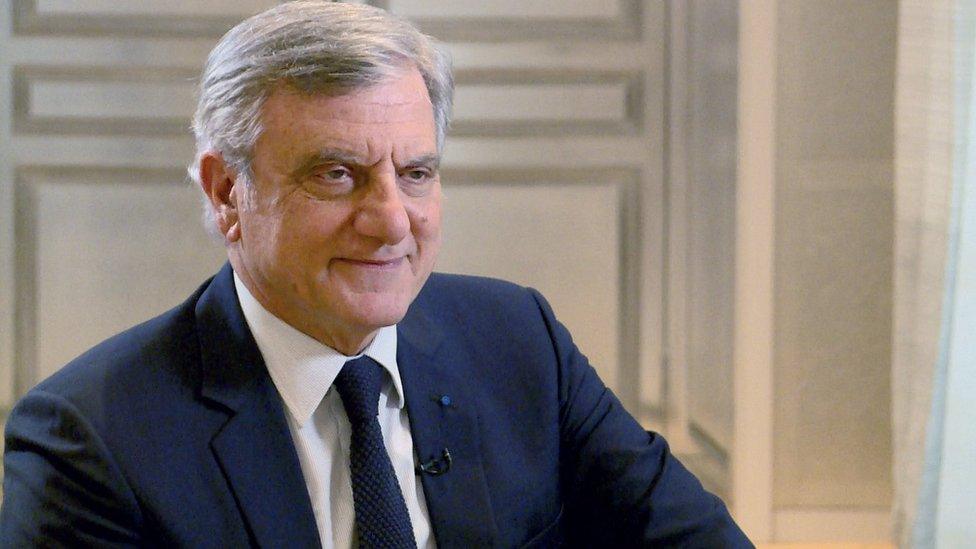
You can't identify a fashion classic through a marketing plan, says Dior boss Sidney Toledano
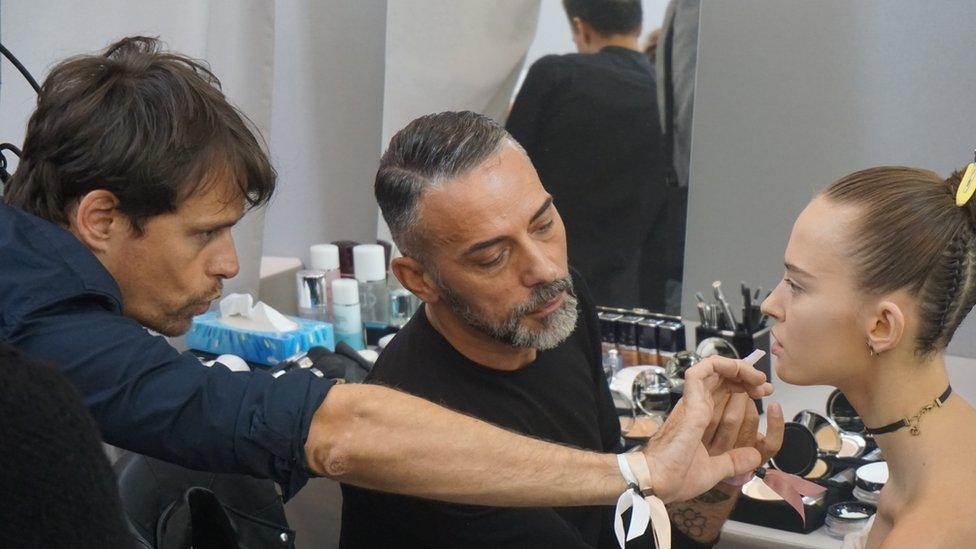
You need to keep your design team onside. "You don't send a memo to tell them what to do," says Mr Toledano
In the 1950s and 1960s, Mr Toledano recalls, Casablanca's lifestyle attracted a cosmopolitan crowd from Europe and the US. "I grew up seeing people very well dressed, and this is one reason why I like fashion.
"It was about feeling good - to have the right shirt, to have the right pair of jeans," he says. "Joseph and many of my friends had the same culture."
Despite his interest in fashion, Mr Toledano ended up training as an engineer. He found the disciplines he learnt during his studies helpful in his later career.
But it was not until he went to work for the French footwear business Kickers that he found his true vocation. The brand built a big following in the youth market for its boots and shoes soon after it was founded in 1970.
"It was my first contact with a different type of product," Mr Toledano recalls. "I discovered the promise of comfort, quality, excellence and design."
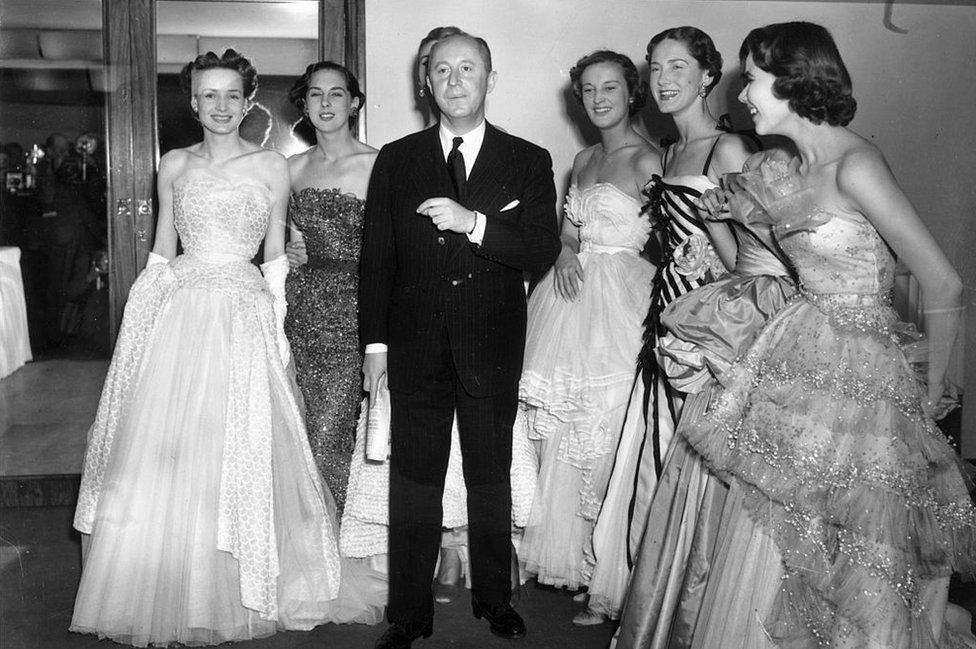
Christian Dior launched his fashion house in 1947
Perhaps the most important lesson he learnt from his time at Kickers, he says, was that "you don't build a name from nowhere". The bedrock of a successful company, at least in the fashion world, is one or more "iconic" products, which can provide a springboard for building a reputation, he says.
A product like this confers certain advantages, explains Mr Toledano. It can act as an ambassador for the brand. It can also be almost endlessly re-versioned by a new designer, offering the chance to create something fresh and contemporary, while simultaneously celebrating the brand's heritage.
He cites the example of the Bar jacket, which was first designed by Christian Dior himself in 1947. It has remained an emblematic product ever since, being reinterpreted by the creative directors who followed, such as John Galliano, Raf Simons, and now Maria Grazia Chiuri.
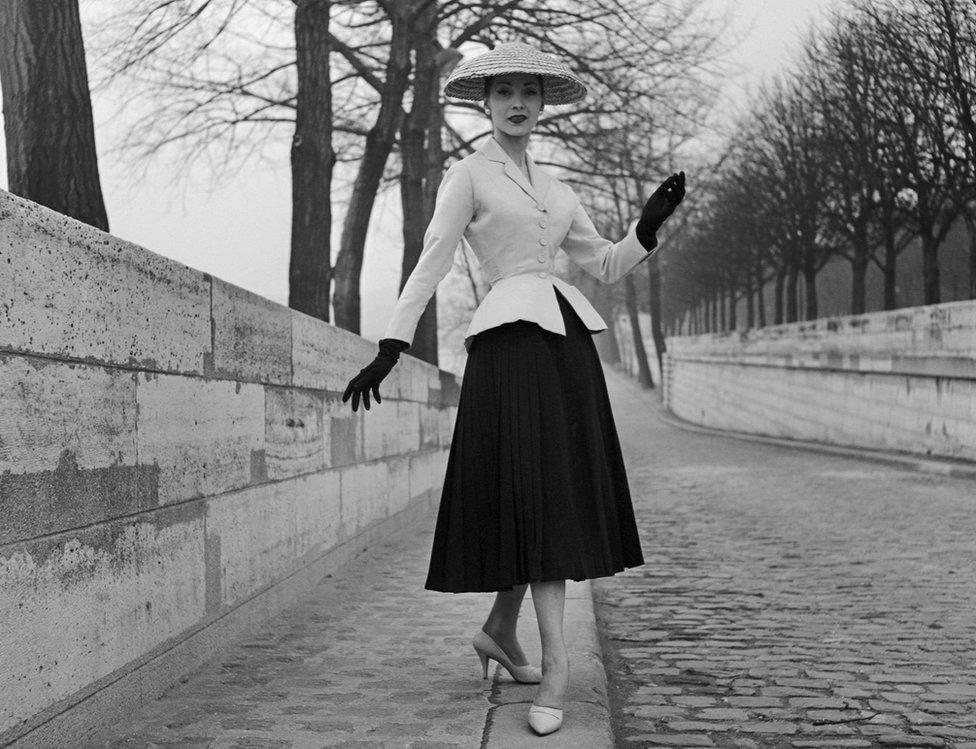
Dior's new collection went down in postwar fashion history as the "New Look"
So how do you create one of these key items in the first place?
At Dior today, Mr Toledano says, when new people (some with master's degrees in business, or MBAs) join the company, they often say to him, "let's launch a new iconic product," to which he replies, "if you define it like that, you won't do it."
For him, a classic item is "like a talented baby".
"You have to recognise and identify it - but you don't do it through a marketing plan."
Instead, he says, the answer is to create the right conditions, making sure the culture and atmosphere are conducive to creativity. Above all else, you must maintain excellent relations with your design team. "You don't send a memo to tell them what to do," he says.
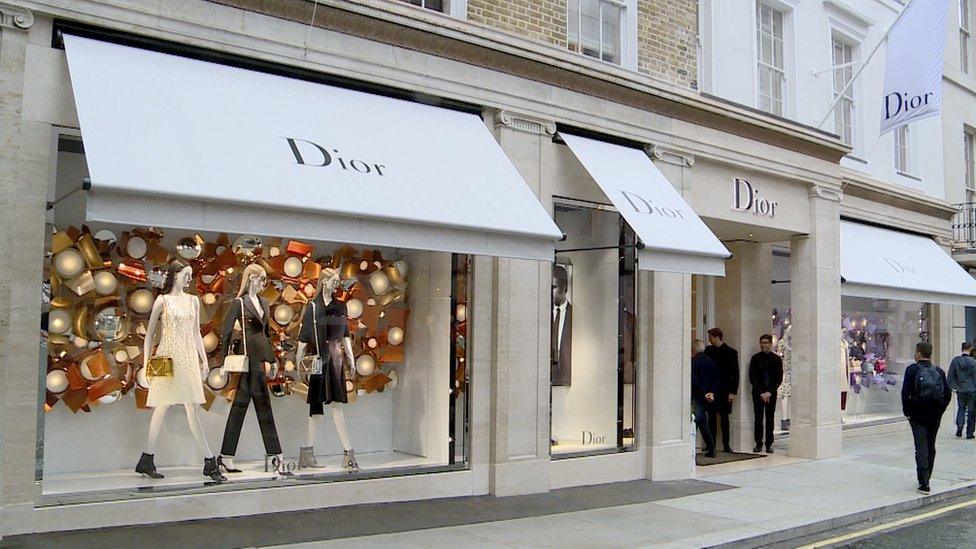
A fashion house boss needs make sure its culture and atmosphere are conducive to creativity, says Mr Toledano
He likens a fashion house chief executive's role to that of the director of an opera, who has to ensure that the conductor, singers, orchestra and audience are all happy.
Mr Toledano adds that it's a job that requires intuition and maturity, and to be able to get on well with others.
The approach he employs at Dior - a range that mixes classic and new items, created by designers he believes have exceptional talent - offers much to admire, say experts.
Mr Toledano is right to believe that "you can't make an iconic product to order", says consultant and author Peter York, who has advised many large luxury businesses. "That really does depend on the spirit of the times and a brilliant designer and a happy coincidence."
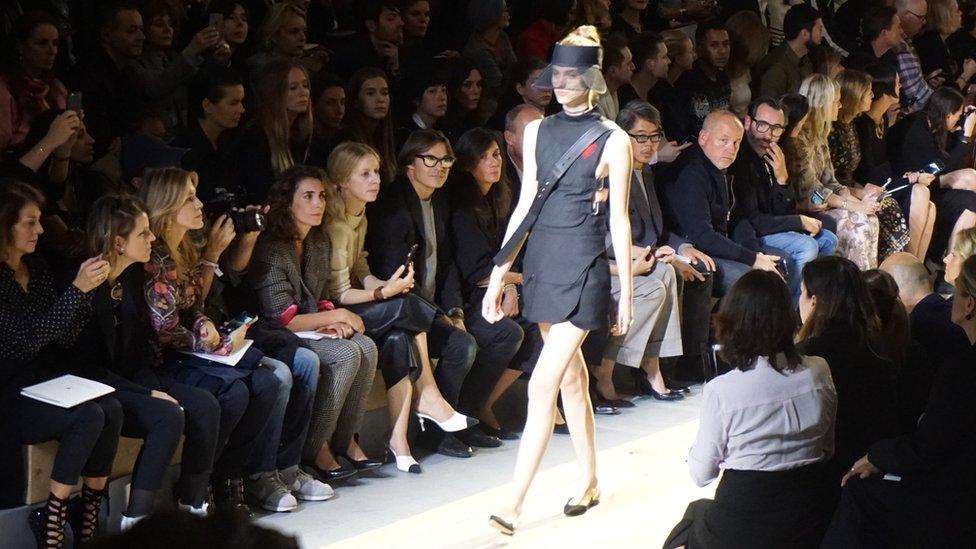
Magic can happen, says Mr Toledano - "it's an attitude in life"
But the approach is not an easy path to follow and can be risky, says Mr York, since it inevitably places great emphasis on the qualities of a few people at the top.
"There's a real danger that the original spirit of the business goes when one man or one woman goes and gets replaced by a committee of MBAs," he says. "If you lose your genius you have a bumpy time until you find another one."
For Sidney Toledano, there's another factor to consider: luck. Just like a classic product, this cannot be made to order.
But, he says, with the right approach and careful preparation, magic can happen.
"It's an attitude in life - if a big wave comes, you have to be able to face it, which means a lot of work."